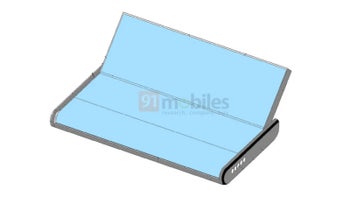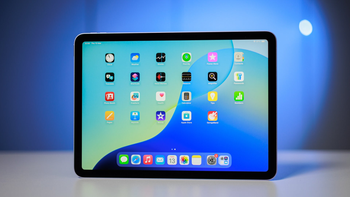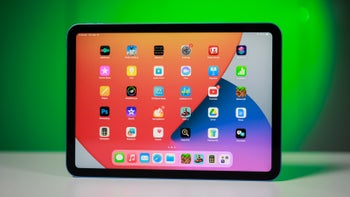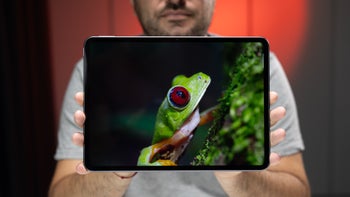Samsung patents the first phone with a folding AND flipping display

Samsung seems to be on a roll lately, busting out all sorts of rollable and foldable display patents to pique our interest, and get us wondering what on earth we could expect from the tech giant next.
Yesterday, we reported on a curious dual-folding screen which Samsung had apparently patented back in the spring. Today, another such patent has been brought to light, even more curious-looking than the last: a folding and sliding display, the likes of which we actually haven't seen before.
The new oddity was discovered on the WIPO (World Intellectual Property Organisation) website by 91Mobiles, where the patent originally filed in June had just been published yesterday.
The curious device is described in the patent as an "electronic device capable of folding and sliding operations." While rollable phones, and sliding ones, are both still considered uncommon and exotic in their own right, a device that does both to reveal the maximum possible screen real estate compacted in a small form factor is a novelty indeed.
As seen in the patent images above, Samsung's concept phone would first roll out—something like the regular—but then would also have the ability to fold the screen up and out, allowing the device to assume a variety of positions. For example, a user could be watch something on the section that pops out, while multitasking on the remainder of the display.
Particularly if it's compatible with a stylus, online students could watch class lectures on the go on the flipped-up screen, while taking notes on the other rolled-our portion. It would be very interesting to explore the usability and versatility of a such foldable, flippable screen. Of course, it would need to have an entirely re-designed user interface, to take advantage of all the new possibilities and use cases.
The patent is still awaiting approval from WIPO, and of course, we have no way of knowing if it will ever actually see the light of day. Companies like Samsung and Apple tend to always file for a boatload of patents, with new ones appearing on a near yearly basis. However, it's a way of preparing for the future and keeping its possibilities open, rather than a guarantee that every patent will actually come to fruition.









Things that are NOT allowed: